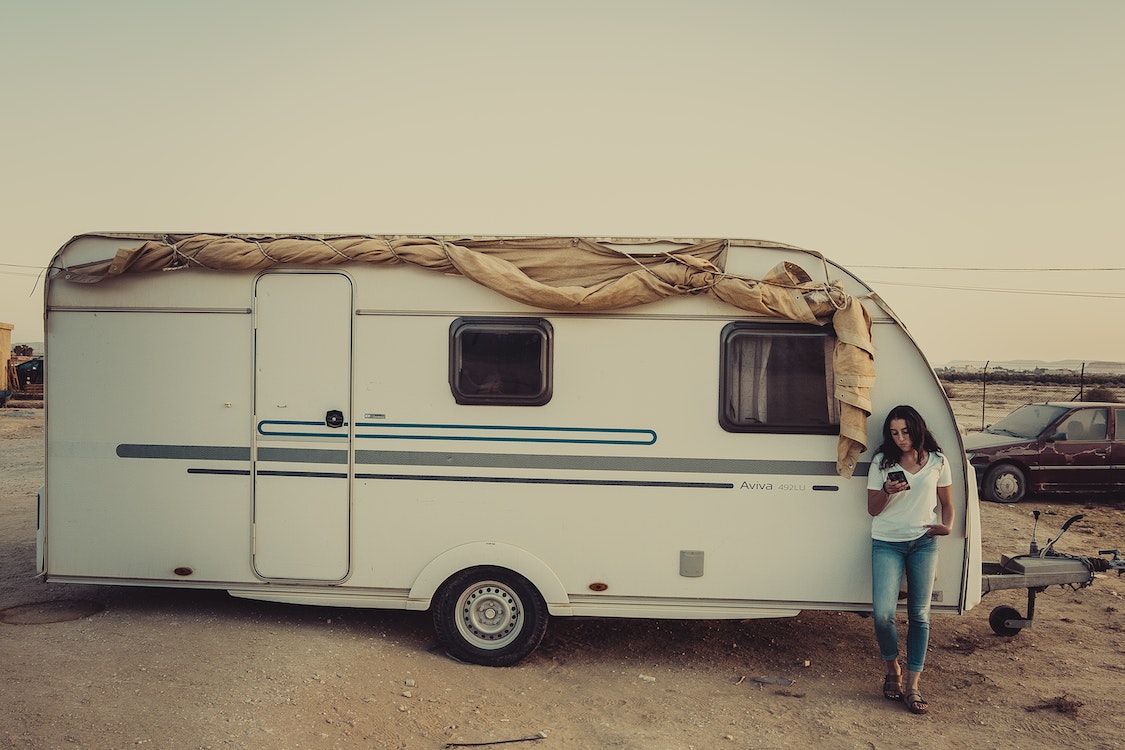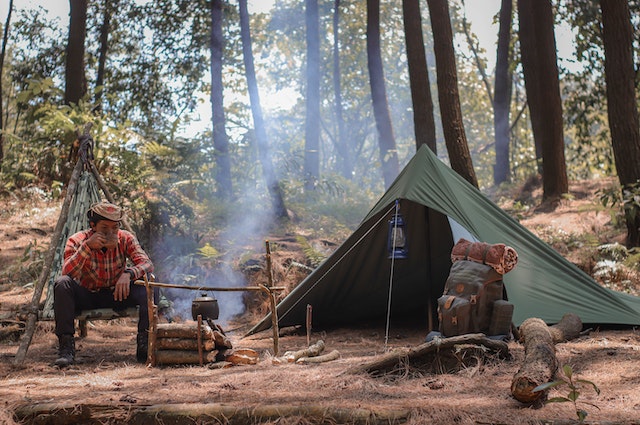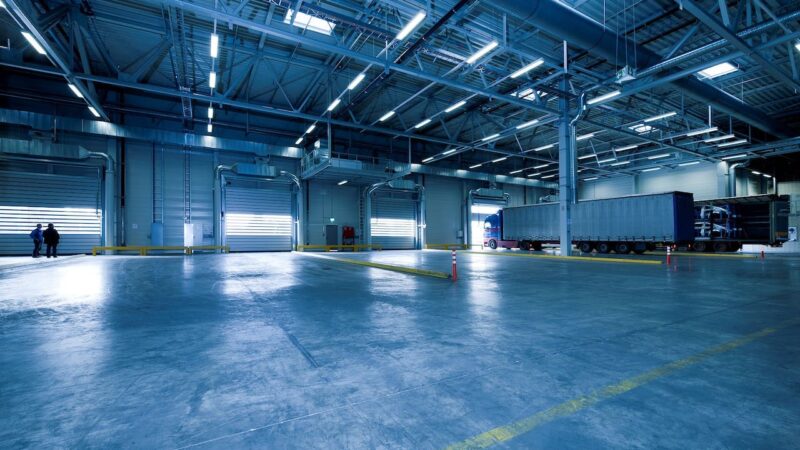Exploring the Wild World of Camping in an RV

RV camping may seem like an American pastime, but it’s actually growing increasingly popular across the globe. RVers can choose between vineyards, wellness retreats, and historic towns when planning their adventure.
Before embarking on any road trips, make sure you are equipped with all of the essential gear. This includes personal care items as well as RV toilet paper that won’t clog.
Experiencing Nature
RV camping is the perfect way to experience nature because you have all of the comforts of home while having the freedom to discover new locations. From seeing a country’s coastline to hiking through national parks, an RV camping trip offers all of its splendor in one place.
RV camping provides more than just leisurely entertainment; it can also bring numerous health advantages. Camping supplies that are luxurious help increase physical activity levels for improved mental well-being and heart health benefits – as well as being an opportunity for quality time with family and friends!
Recent research indicates that Brazil boasts the greatest diversity of wildlife species on earth, making it an excellent option for RVers looking to see as much biodiversity as possible. If less-populated locations appeal more, many national parks and wilderness areas across America would make suitable RV camping locations.
RV camping can alleviate much of the anxiety and hassle that often accompanies tent camping. When waking up at midnight and needing to pee, finding an isolated spot can be challenging; on the other hand, RVs have built-in washrooms which make it much simpler.
RV camping can also help us become more independent. By stepping away from phones, tablets and computers to rely more on ourselves for survival – which can only benefit our overall health – RV camping provides us with fresh air and sunshine that helps relieve our levels of stress while lifting our moods.
Creating Memories

RV camping is an exciting way to experience nature while getting outside and being active. RVs come in all sizes from backpacking tents to luxury motorhomes that provide everything a person could ever need on one beautiful trip. There is no right way to camp; whether boondocking in free camping areas or staying at top-tier RV parks there is something suitable for every camping experience and taste!
RVers love their pets and most campgrounds welcome canines on leashes. However, it is essential that your animals remain under your control at all times and are picked up after when necessary – particularly around mealtime or around the campground – as this could become an inconvenience to other campers and especially those traveling with young children.
As with other aspects of campsite etiquette, noise levels must also be observed with caution. Most campgrounds have quiet hours that should be observed and music should not be played too loudly; if in doubt, walk by nearby sites to assess whether your music is too loud for others.
RVing may offer travelers the ability to save money on hotel and flight costs while still experiencing a memorable vacation experience. While this is true, RVing adds additional costs such as gas, food, and RV equipment costs which should be taken into consideration before choosing this mode of transport.
Before embarking on your RV journey, be sure to consider all budgetary and lifestyle considerations to determine whether RVing is right for you. Also, it is a good idea to research the area or campground you wish to visit by reading reviews or looking at pictures on websites such as Facebook RV Groups for an idea of the experience before setting off.
Getting Active
Many RVers have found that full-time RV living can be challenging. Staying healthy and active while constantly on the move can be hard; adapting to living in a smaller space with fewer amenities may prove hard as well; this may eventually cause many full-timers to decide that RV living isn’t quite their cup of tea and return to traditional home bases.
RV camping can be an excellent way to achieve and sustain fitness goals while traveling. When staying in campgrounds where open fires are permitted, consider using a propane grill instead of cooking most meals on an open flame and doing bodyweight exercises at your campsite such as using steps in front of your RV as platforms for step-ups and leg lifts, or standing against its side and leaning against it to do wall planks and squats.
Consider going for walks around your campground or hiking nearby trails. Additionally, camping near lakes or rivers allows for swimming, kayaking and fishing activities that keep you active – just be sure to bring appropriate equipment like Shimano reels and kayaks, and follow local water safety regulations.
If you are staying at one campsite for several weeks, consider adding structured workouts into your day. With access to online streaming fitness video services such as Netflix or YouTube, bringing along laptop or tablet will enable you to do some supervised exercises while enjoying the view from camp. Alternatively, search YouTube videos and save them offline – they might come in handy during travels!
Getting Comfortable
RVs vary in comfort levels, with even the smallest models offering more shelter from the elements than tents. Most feature kitchens, beds, dinettes, baths and air conditioning/heating – as well as amenities such as flatscreen TVs, washer/dryers or BBQ grills.
Some RVers live full time while others use it solely as a travel vehicle. Either way, planning ahead is key in order to determine how much you need to bring with you on the journey, how long each stop should last and which campgrounds you prefer staying at.
Gas and supplies should also be a top consideration when traveling through remote areas. A spare fuel tank and inflating tires properly should come in handy, while checking fuel economy will allow you to determine how far you can travel without needing another refill.
At a campsite, remember that other campers may also be using its facilities. Please respect their space and be conscious of noise levels; if your presence disturbs others too much, consider packing earplugs and an eye mask in case this becomes an issue.
If you’re boondocking, make sure you ask permission before parking in someone’s driveway or on their land for the night. Otherwise, you could wake up to an unexpected neighbor! And at a truck stop, be aware that many drivers use this area to put on and remove their tire chains, which may produce noise and vibration if this activity takes place nearby – be mindful and move if this occurs!
Getting Ready
Preparing your RV for travel can make or break your camping experience. A trial run in your driveway will familiarize yourself with its system, highlighting any unexpected issues. Once confident, take your RV out on its inaugural trip to its intended destination; this will give you an experience of camping life while giving insight into whether or not its amenities provide sufficient comfort on the journey.
Organized storage containers will help save space and reduce time spent packing for an RV journey. Be sure to pack clothes for different climates as well as extra shoes; camping-friendly toiletries such as dry shampoo, bug spray, and bottled water will come in handy should an unexpected situation arise during travels; power strips and mobile hotspots could come in handy should your journey involve working or learning while travelling.
Bringing toys and activities for children may keep them engaged on long drives, while taking frequent stops to stretch your legs or use the restroom can make the drive time more relaxing for everyone involved. Be sure to bring a first aid kit, medications you require as well as your wallet with spare cash, event tickets/parking passes etc as this may come in handy while out and about.
Many campers prefer campground camping for its convenience; however, others enjoy boondocking instead. When boondocking outdoors with an RV or other form of transportable accommodation, a portable awning and outdoor rug are essential in protecting it from dirt and moisture damage.






